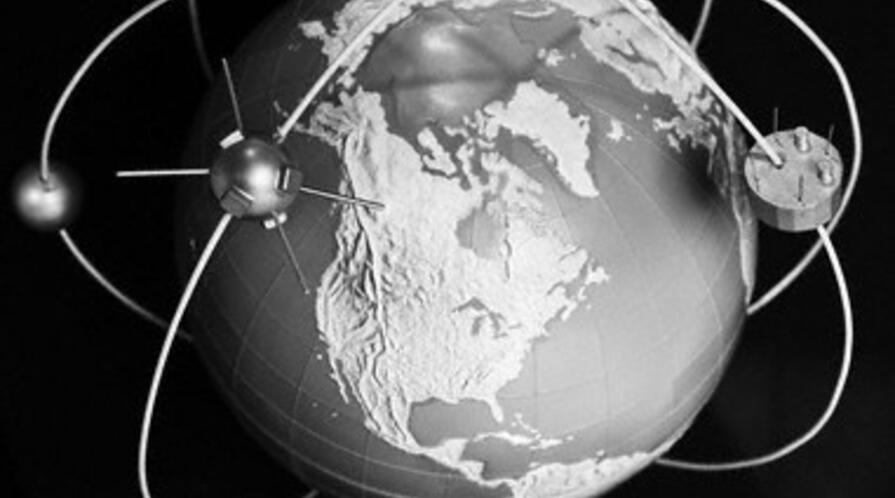Jonathan Hunt: Cold War offers lessons for US-Iran diplomacy

Jonathan Hunt, a postdoctoral MacArthur Nuclear Security Fellow at CISAC, writes in this commentary in The National Interest that the secret history of Cold War détente offers a case study in how back-channel discussions at multilateral talks might help the United States and Iran resolve their differences.
U.S. Secretary of State John Kerry and foreign ministers from the six-nation group negotiating a nuclear agreement with Iran will resume talks in Vienna this weekend. The foreign ministers are trying to forge a a comprehensive nuclear deal by a July 20 deadline.
“The annals of nuclear diplomacy between the United States and the Soviet Union might afford a useful case study from which American and Iranian leaders could learn,” writes Hunt, who has a Ph.D. in History and wrote his dissertation on nuclear internationalism during the Cold War.
“In contrast to the conventional wisdom that Nixon and Kissinger masterminded Soviet-American détente, those who brokered the Nuclear Nonproliferation Treaty (NPT) during the presidency of Lyndon Baines Johnson in fact laid the groundwork for superpower cooperation,” he writes.
